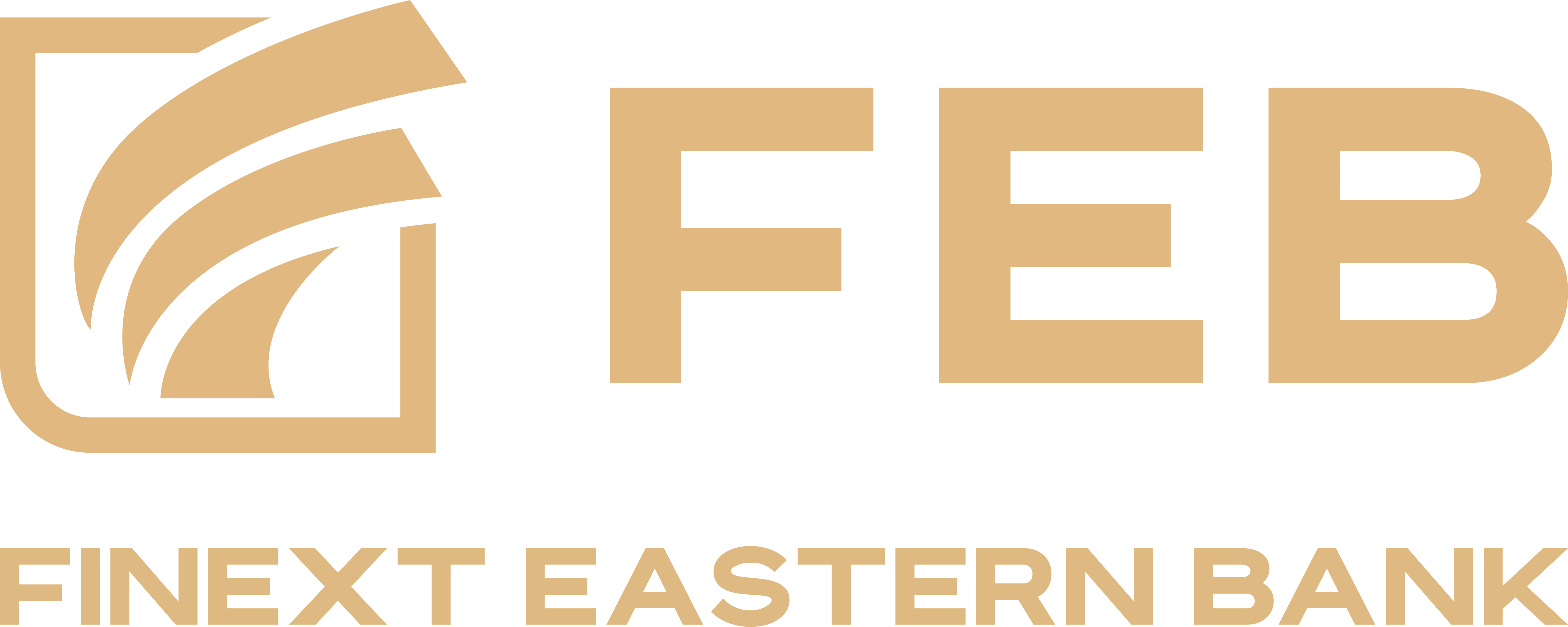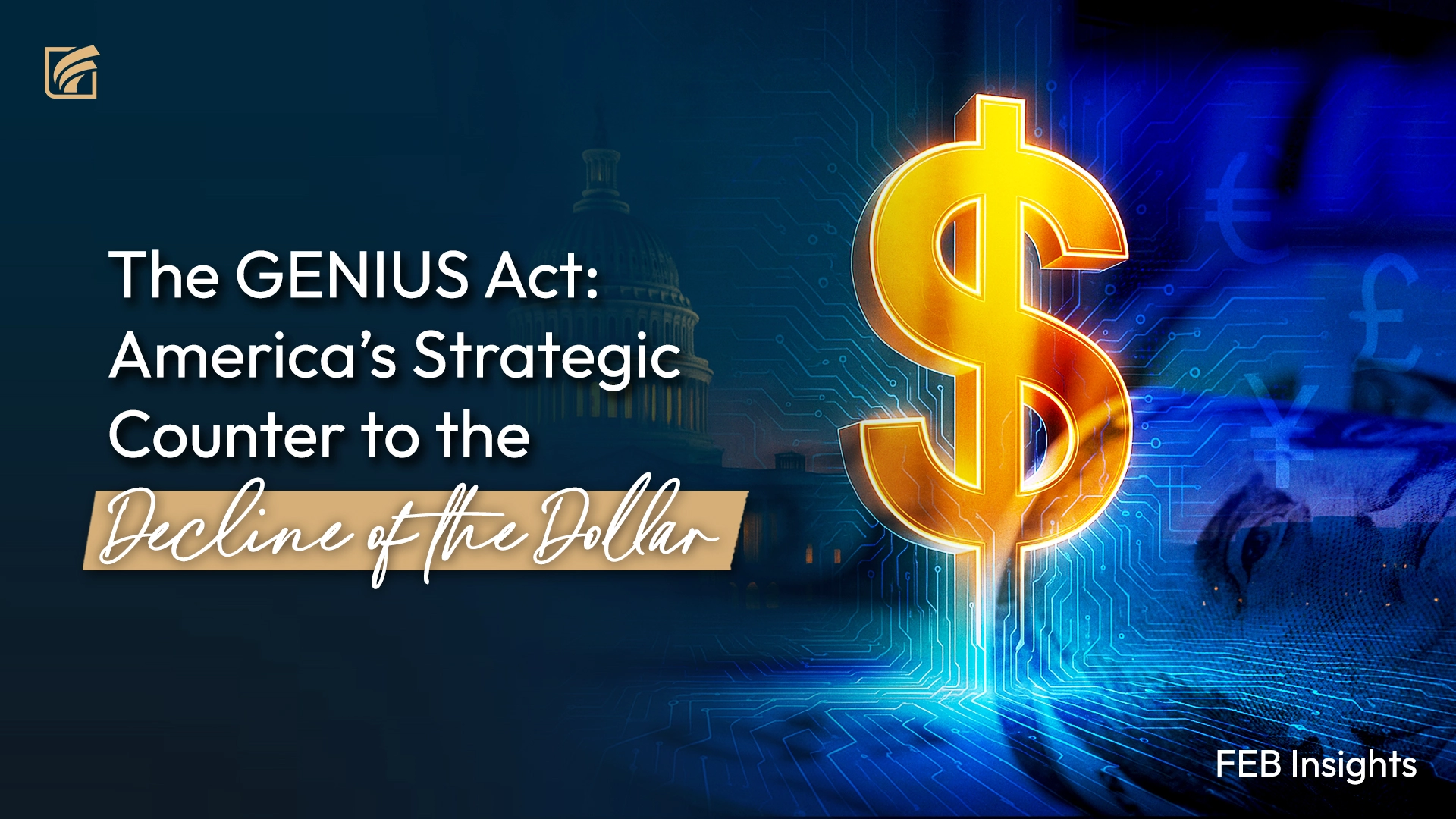In today’s evolving financial landscape, sovereign trust in fiat currencies is being questioned at a global scale. In response, the United States has taken a decisive step to reassert its monetary leadership. This follows rising concerns over the weakening of the U.S. dollar, a trend previously explored in our article on the “Worst Start for the 32Dollar in 50 Years.” To address these challenges, the U.S. government has introduced the GENIUS Act, a strategic framework designed to prepare the country for a new era of digital money and decentralized finance.
As more countries and financial institutions begin storing Bitcoin and other digital assets in their treasury reserves, the GENIUS Act represents a calculated policy response. It aims to modernize the nation’s financial infrastructure and reestablish control over the rapidly growing digital currency ecosystem.
Understanding the GENIUS Act
The GENIUS Act, which stands for Government-Enabled National Infrastructure for Unifying the System of currency, was signed into law in mid-2025. The legislation outlines a comprehensive strategy with the following key components:
- Establishing a federal digital dollar infrastructure
- Promoting blockchain adoption across U.S. financial systems
- Providing tax incentives for domestic crypto innovation
- Imposing strict compliance requirements on digital asset platforms
- Restricting U.S. financial engagement with foreign government-backed digital currencies
This legislative package is designed to support the U.S. transition toward a digital currency model while reinforcing the government’s ability to manage capital flows across domestic and international markets.
A Response to The Weakening Dollar
In recent months, the global financial system has seen a growing shift away from the U.S. dollar. Institutions across Asia, Latin America, and the Middle East have increasingly turned to Bitcoin as a strategic hedge against fiat currency instability.
Central banks, sovereign wealth funds, and multinational corporations are adding Bitcoin to their balance sheets not as a speculative asset, but as a store of long-term monetary value.
The GENIUS Act can be understood as a direct response to this trend. Through the development of a government-backed digital dollar and the reinforcement of blockchain-compatible financial services, the United States is seeking to preserve the dollar’s relevance in a tokenized economy.
The act is also intended to reduce the risk of capital flowing into non-sovereign digital assets while strengthening the dollar’s role in programmable finance and global settlements.
Implications for Digital Assets and Fiat Currency
1. Establishing a Digital Dollar Ecosystem
One of the central provisions of the GENIUS Act is the formal rollout of a U.S. digital dollar. This new currency will be integrated into regulated financial technology platforms.
While decentralized cryptocurrencies are not prohibited under the law, the act introduces strict reporting and compliance measures for their use within U.S. jurisdictions.
This new regulatory environment provides greater institutional legitimacy for compliant digital asset products such as stablecoins and tokenized treasuries.
At the same time, it introduces new limitations for unregulated or anonymous decentralized finance platforms, especially those that fail to meet anti-money laundering or identity verification standards.
2. Stablecoins and Digital Reserve Instruments
The legislation also encourages the growth of U.S.-backed stablecoins developed under clearly defined regulatory frameworks.
These instruments are intended to serve as digital extensions of fiat reserves and to bridge the gap between traditional finance and blockchain-based treasury strategies.
Crypto platforms that issue debit cards, operate custodial wallets, or facilitate digital payments may benefit significantly from the infrastructure outlined in the GENIUS Act. However, they must ensure full compliance with the regulatory obligations defined by the legislation.
Building a New Financial Order
The GENIUS Act does not attempt to eliminate cryptocurrency from the financial system. Instead, it reflects a recognition by the U.S. government that leadership in digital finance requires a proactive and structured approach. Several key shifts underlie this policy direction:
- Bitcoin and other decentralized digital assets are now part of sovereign financial planning
- Traditional fiat systems must become programmable, transparent, and interoperable
- Monetary leadership in the 21st century depends on innovation in digital financial infrastructure
By moving in this direction, the United States is positioning itself to remain influential in the next generation of financial systems.
Conclusion
The GENIUS Act is set to reshape the global crypto landscape. For cryptocurrency platforms, it introduces clearer regulatory pathways but also tighter compliance requirements, favoring institutional-grade operators over unregulated players.
Internationally, the Act signals a move toward more formalized digital finance. As the U.S. sets new standards, other nations may follow, accelerating global adoption of state-backed digital currencies and raising the bar for interoperability and trust.
Platforms that can adapt quickly—balancing regulatory alignment with the core benefits of blockchain—will be best positioned to lead in this emerging financial order.
Disclaimer
This article is for informational purposes only and does not constitute financial, investment, legal, or other professional advice. The views expressed are neutral and reflective of currently available data as of the publication date. Readers should consult qualified professionals before making decisions based on this information.






